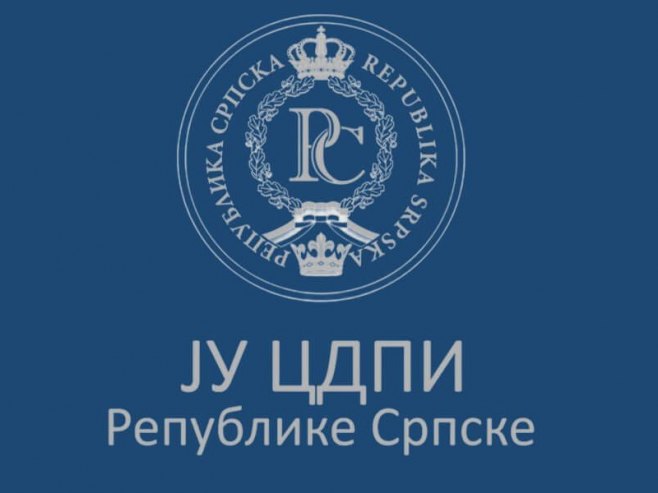The appointment of a chief negotiator to lead Bosnia and Herzegovina’s accession talks with the European Union has escalated into another major political dispute, as institutions clash over who has the authority to make the appointment.
Speaking on RTRS’s Morning Program, Milorad Kojić, SNSD MP in the House of Representatives of the BiH Parliamentary Assembly, said the process had become unconstitutional and legally unsound.
“We now have a situation where the two ‘Trojka’ coalitions — one from Srpska and one from the Federation — are trying to bypass the Constitution and the law by quietly pushing through their own candidate, completely changing the procedure for appointing the chief negotiator. Everyone knows this decision must be made by the Council of Ministers,” Kojić said.
He warned that the “Trojka” groups want to establish a new institution with its own staff, premises, and infrastructure — effectively transferring competences away from existing structures.
“In our legal system, a state-level institution can only be created by law, not by decision. What they’re doing is a dangerous precedent — trying to form an institution with the powers of a legal body through a simple parliamentary decision,” Kojić stressed.
According to him, the majority in the House of Representatives plans to appoint the negotiator directly, bypassing the House of Peoples, which would constitute a clear violation of constitutional and legislative norms.
“They already have a name in mind, but they refuse to disclose it to the Chairwoman of the Council of Ministers. They want to vote it through themselves, by simple majority, and control the entire process. This leads to absurdity — a negotiator appointed by one chamber of parliament but accountable to no one,” he explained.
Kojić added that there are no defined criteria for choosing the negotiator.
“As it stands, we could walk outside, grab the first passerby, and make them the chief negotiator. At a minimum, the person should have a degree, speak English, and have experience in diplomacy and international relations. If Ana Trišić Babić is proposed, she meets those criteria. But if the choice falls on someone with no diplomatic knowledge or language skills, that would reflect pure irresponsibility — the kind that defines the current state of BiH,” he said.
Kojić accused the “Trojka” coalition of only pretending to support Bosnia’s EU path, while their unconstitutional actions “push that path to the margins.”
“When Saša Magazinović says he consulted with the EU Delegation and they agreed — that’s absurd. We consult with our people, not with the EU Delegation. If the EU requires a negotiator, we must establish that position ourselves, in line with our Constitution and laws. We’re already under OHR’s protectorate — we don’t need to become a protectorate of the EU Delegation as well,” Kojić warned.
He concluded by emphasizing that respect for the Constitution and laws is the only way to preserve institutional dignity:
“We can’t appoint random people just to please someone. The House of Representatives must act with seriousness and self-respect — not by playing political games and bypassing procedure.”
Finally, Kojić cautioned that the creation of a new negotiating institution could eventually become a mechanism to centralize power in Sarajevo and erode the competences of Republika Srpska.
“If this institution is formed, in five or six years it will become a key decision-making body over processes in both entities. They’re deliberately weakening the Federation’s institutions to strengthen BiH-level ones. For Republika Srpska, that’s unacceptable — and that’s why we oppose any such institution,” Kojić concluded.
Source: RTRS









